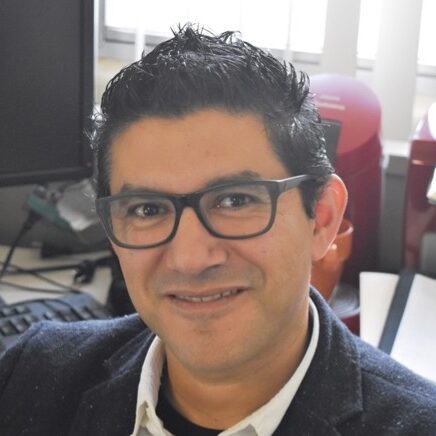Does Entrepreneurship Make You Happier? A Comparative Analysis between Entrepreneurs and Wage Earners
Abstract
Currently, age is characterized by implementing business management models based on precarious work and a massive reduction in jobs. This article aims to analyze the degree of happiness perceived in Spanish entrepreneurs, as opposed to that perceived by the employees, and if that happiness is associated with certain sociodemographic variables (such as gender, level of studies, and income level). For this purpose, a brief literature review of the economy of happiness is carried out, considering studies regarding the happiness–entrepreneurship connection over the past few years. With data provided by the Sociological Research Center (C.I.S.) barometer survey, we work in two phases: (1) descriptive and inferential on possible associations between the variables, and (2) the calculation of probabilities through logistic regression. The main result shows that the entrepreneurs with employees are happiest. When the null hypothesis is rejected, the categories that seem to show the most happiness are those with higher education and those in the highest income ranges analyzed. Among the main limitations in this work is the scarcity of bibliographic production on the subject matter of this paper. This paper helps to cover part of this gap.
